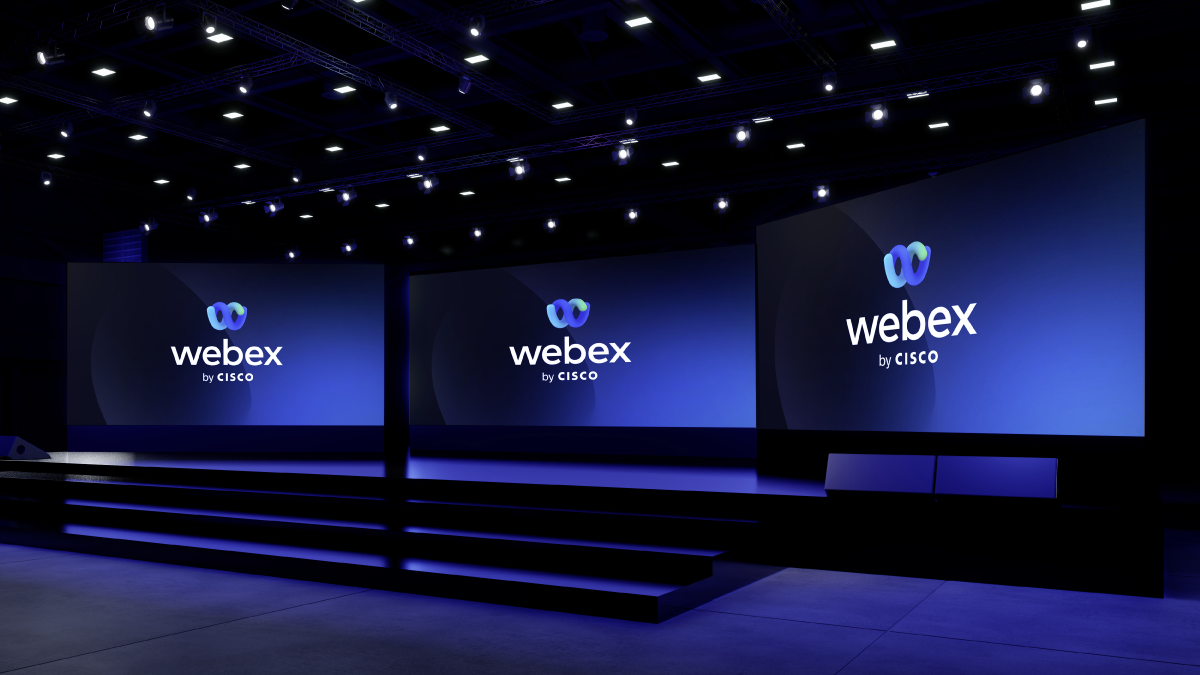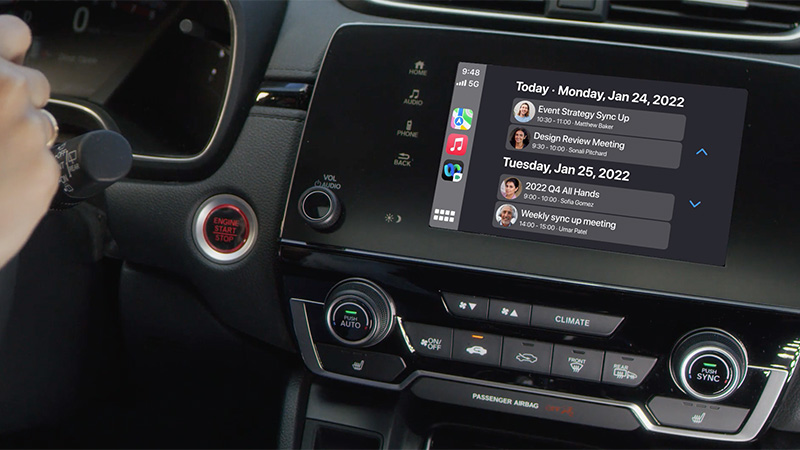With some industries you don’t have to think twice to name the market leader. In the CRM space, for example, it’s Salesforce. In the financial software space? Intuit. Public cloud? Amazon.
But who leads the events marketing industry? If you find yourself scratching your head, you’re not alone. It’s a highly fragmented space with no clear leader — yet.
Yarkin Sakucoglu wants to change that. He’s the founder and CEO of Socio Labs, which was acquired by Cisco last July and is now Webex Events. It’s an all-in-one platform for virtual, in-person and hybrid events for 100 to 100,000 attendees. And if Sakucoglu’s assessment is accurate, it has a bright future.
“The rest of digital is very scalable, repeatable, trackable, and data-driven, but no one is doing any of that with events, even though events are a significant part of the marketing budget,” he says. “We have an opportunity to build a brand-new market category that’s focused on ROI within events. Call it the Google Analytics of events.”
Webex Events was built from the ground up as an events platform, unlike competitors that are essentially meeting solutions with a few event-friendly features bolted on. And the acquisition by Cisco is allowing Webex Events to further set itself apart from the field.
The Cisco effect
Among the many benefits of joining forces with Cisco, Sakucoglu cites access to Cisco’s R&D heft, faster innovation, and the ability to grow and develop engineering, design, and product teams.
“We’re thinking much bigger now,” Sakucoglu says. “We’re thinking much more globally, more enterprise-ready and more secure.”
And then there’s the sometimes-exquisite synergy with other technology solutions in Cisco’s ecosystem. Take the case of Voicea, a meeting and voice specialist which Cisco acquired in 2019.
When integrated with Webex Events, Voicea helps solve a huge pain point for event organizers and attendees — how to provide translations in multiple languages to event participants.
Traditionally, this has been an expensive and complex operation. Let’s say you’re organizing an English-speaking event broadcast from Las Vegas that needs to support 30 languages. In the past, event managers would need to hire a third party that could provide not just captions, but translations for online or in-person attendees watching the broadcast. Translation accuracy, technology integration issues or inconsistencies across languages were huge concerns.
The integration of Voicea into Webex Events provides a massive upgrade to the experience for all. Global audiences can use the same technology they have come to love in Webex Meetings – but now in their company, industry, and partner events.
“Creating connections, sharing information through events – these are global needs. And we rely on technology to help us do this in an effective and efficient way. Removing the language barriers that exist at events is an ongoing problem, we never had the infrastructure and the technology to solve it until we came to Cisco.”
Even better, the solution is as well-suited to mega-events with large virtual audiences like the UN General Assembly and South by Southwest (SXSW) MAD//Fest, the UK’s most distinctive Marketing & Advertising event – as as it is to the annual convention of your local state trial lawyers’ association. Even the smallest event with the smallest budget can now be made available in over 30 languages, Sakucoglu says.
Other best-in-class integrations include Slido, a provider of audience interaction technology, and Cisco’s asynchronous video messaging tool Vidcast. Backed by Cisco security, they make Webex Events more powerful, inclusive, and engaging.
“The competition can’t do that,” Sakucoglu says.
Future proofing your events program
Webex Events’ event platform combines software, hardware, and services to power all types of events.
The “all types of events” is important because, Sakucoglu says, some events will continue to be in person, some virtual and some will realize greater ROI if both audiences interact (hybrid).
The last two years have proven this thesis. Before the pandemic kicked in, the vast majority of events were in person. Once lockdowns went into effect, an equally vast majority were virtual. And coming into 2022, there’s a roughly even split of in-person, virtual and hybrid events, according to Webex Events data.
“It’s not about all events becoming hybrid, it’s about a nice mix,” Sakucoglu says. “We happen to build a platform that allows you to switch between all three at the speed of light.”
In these unpredictable times, that kind of flexibility can be an invaluable asset that future-proofs your events program.
Sakucoglu knows this firsthand. When Webex Events last year hosted Cisco’s premier collaboration event, WebexOne, it had to pivot no fewer than three times in response to the ebbs and flows of COVID-19.
Initially, the event was to be in person, then Webex Events’ marketing team pivoted to virtual. Subsequently, the team pivoted to hybrid, and then back to virtual as the Delta variant surged. This for a two-day global event with 76,000 registrants and over 30 sessions across six tracks.
“If you had a vendor who picked in-person or virtual as the winner, you would have had to cancel,” Sakucoglu says. “But we were able to click a few buttons weeks before the event to make the switch.”
Sakucoglu credits Cisco for allowing the company he co-founded to remain relatively independent post acquisition — an approach rarely taken. Instead, he says, acquiring companies tend to buy a lot of good products to make a mediocre platform.
“But when you’re smart, you allow the products to remain best-in-class by allowing them to innovate and operate on their own,” he says. “It keeps the innovation going at a much better speed than if you were to combine them all, and you end up building a very good platform as well as a bunch of best-in-class point solutions.”
###



